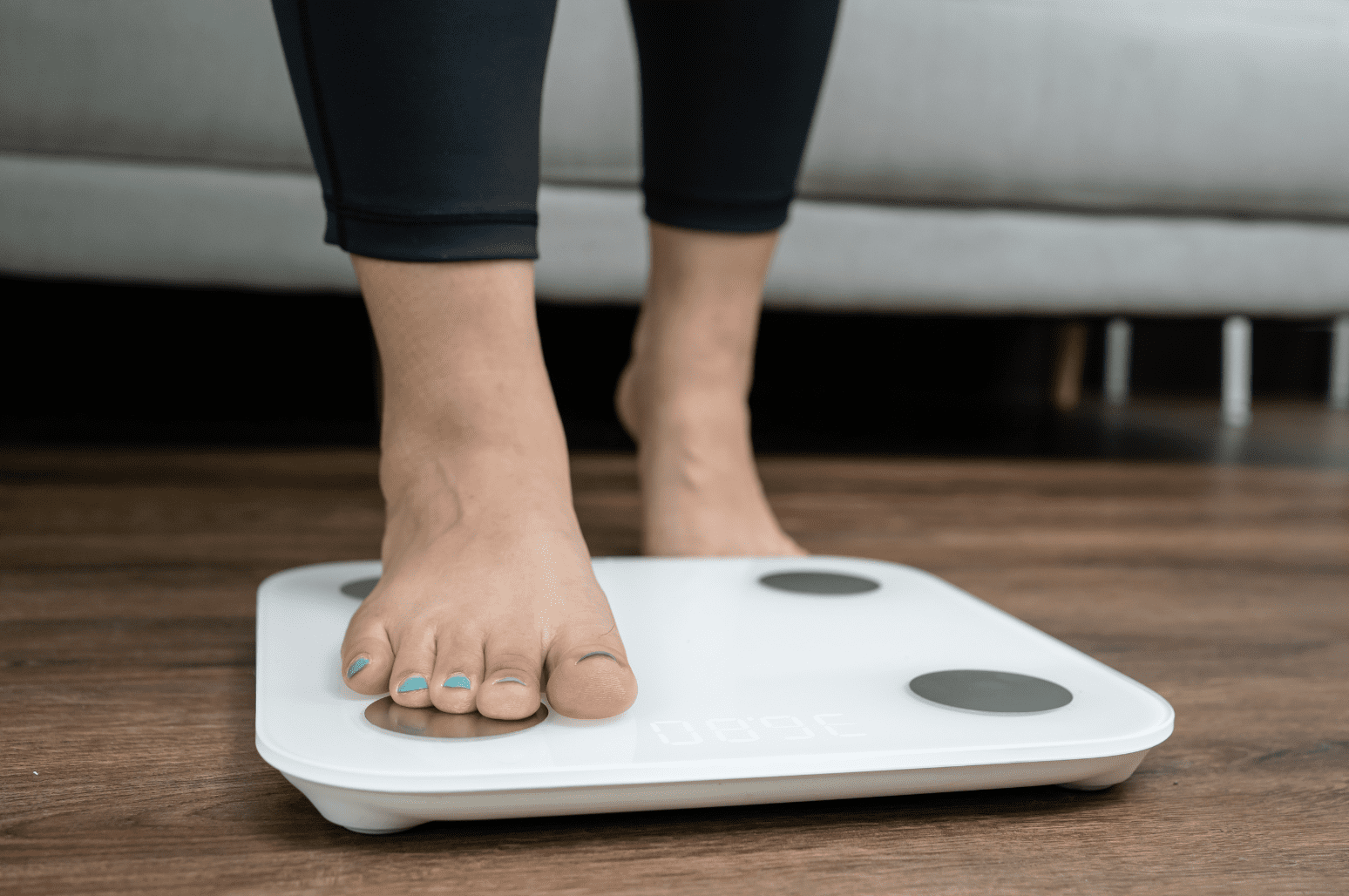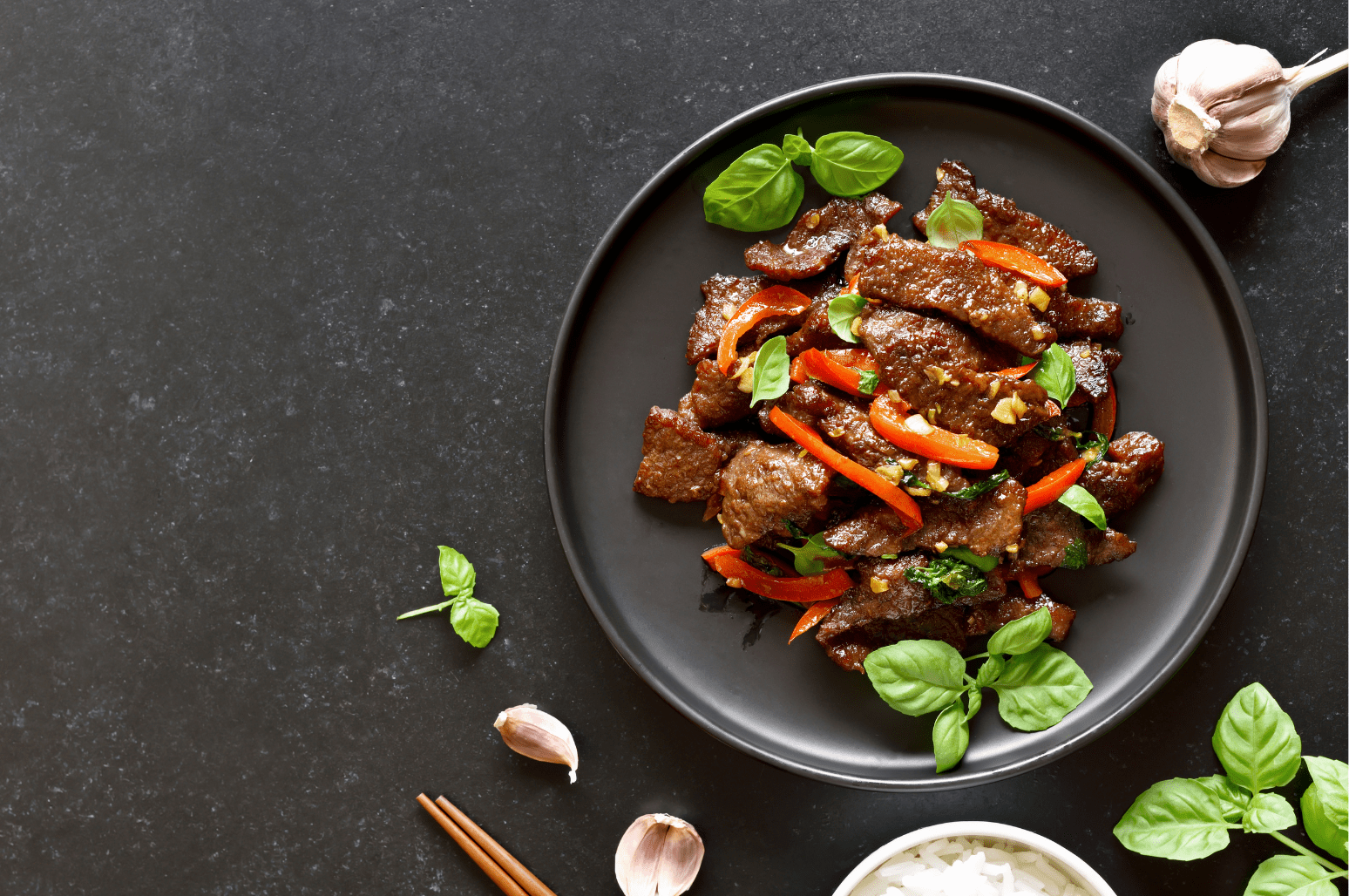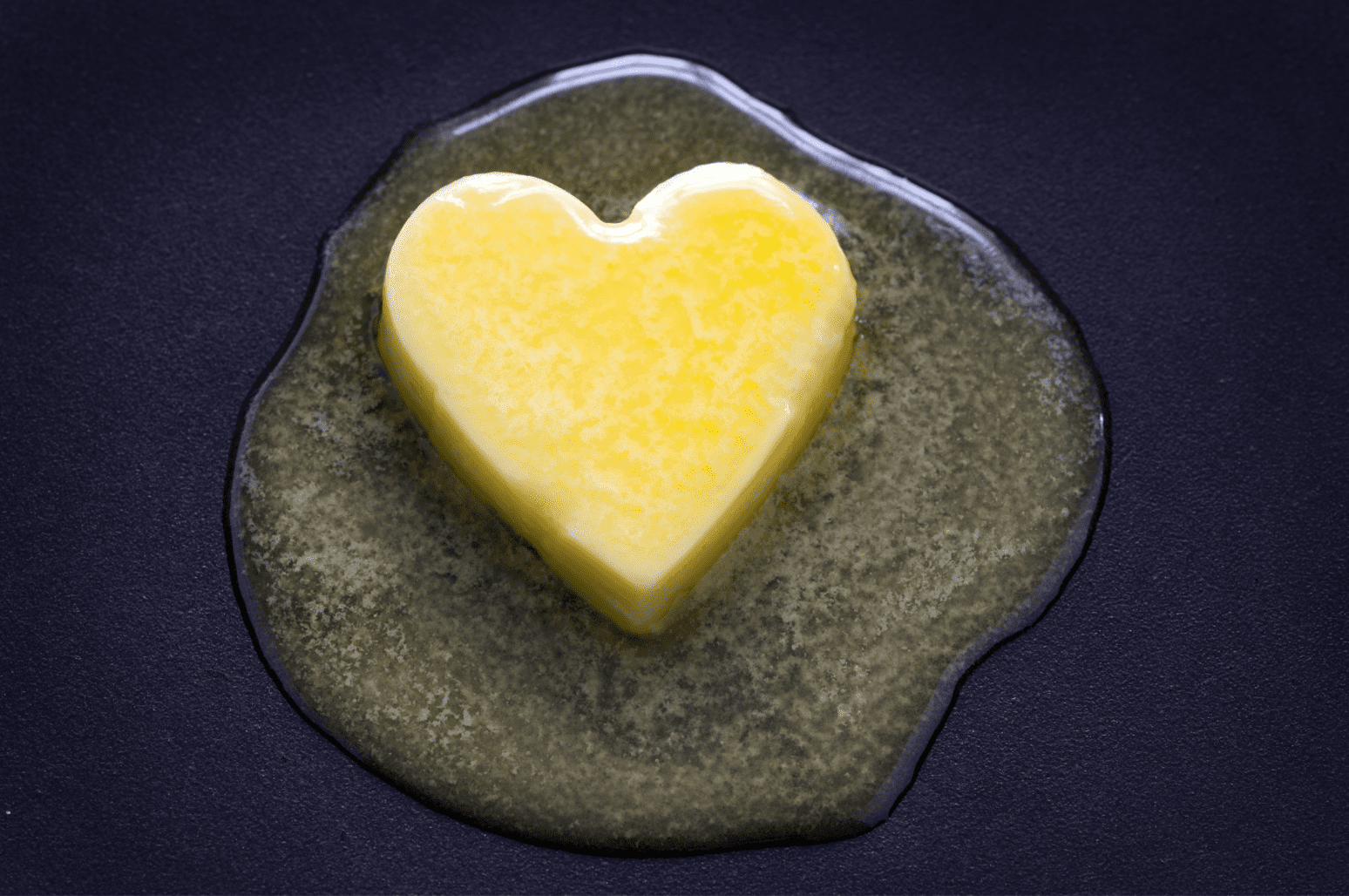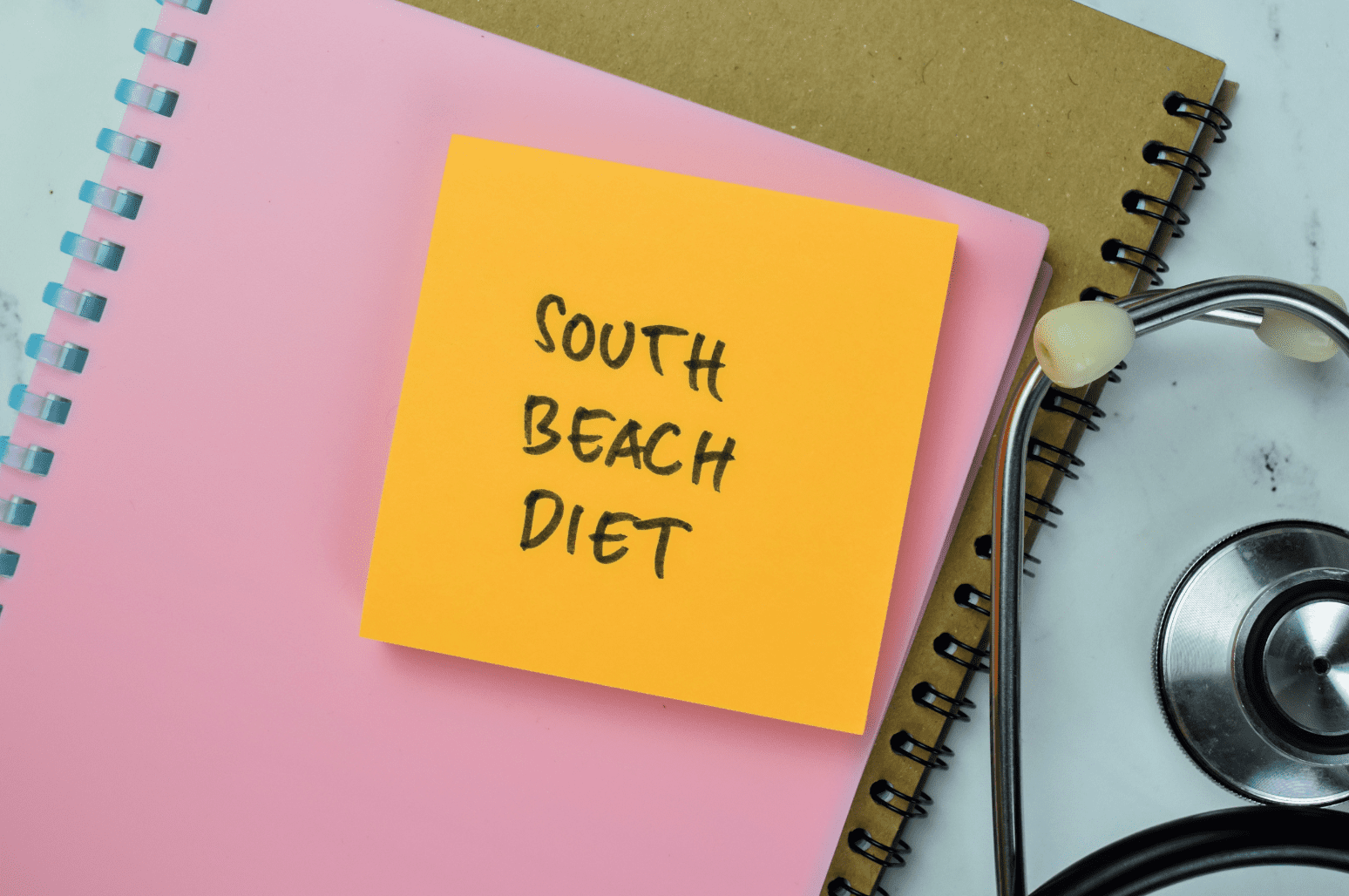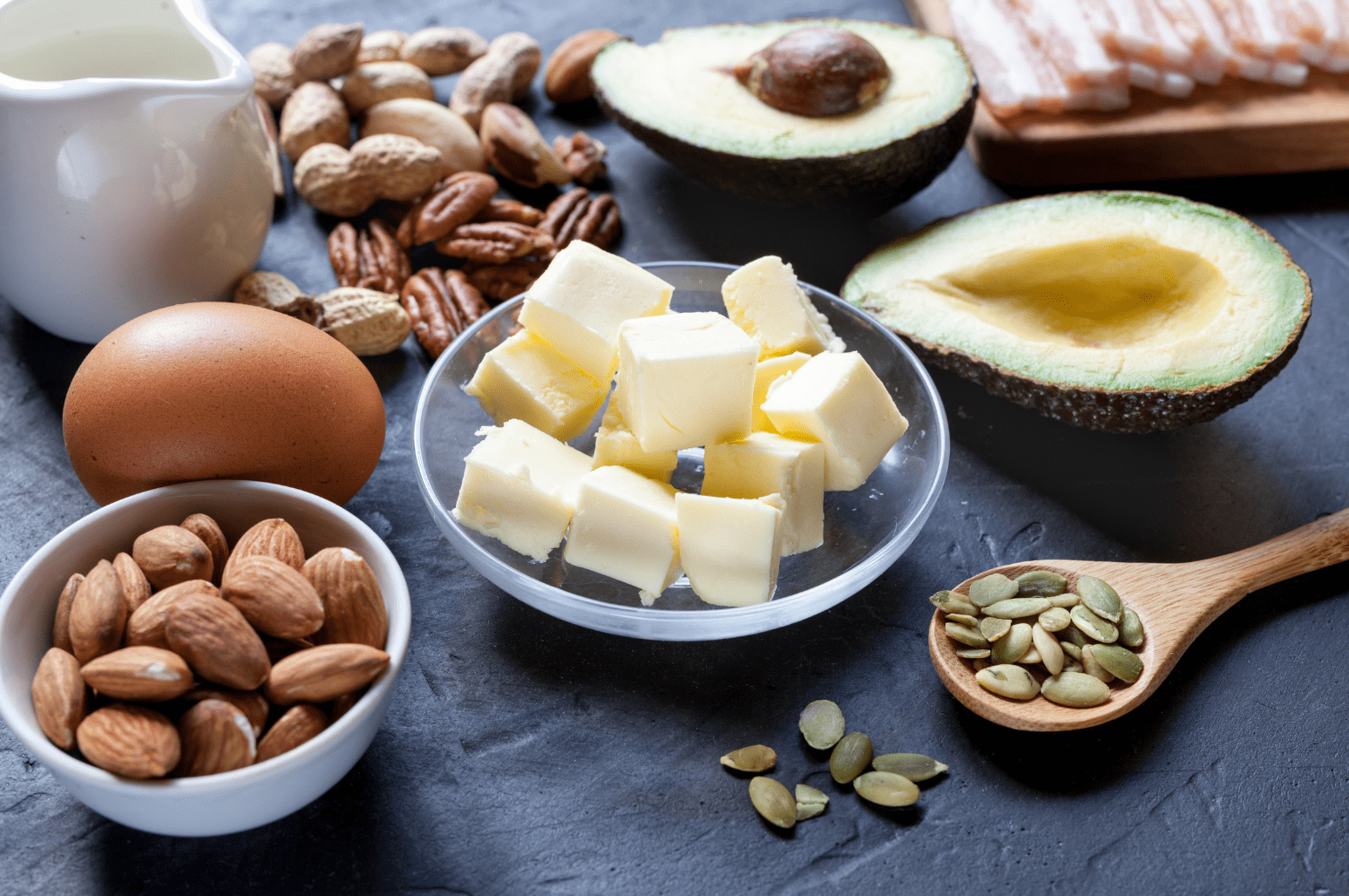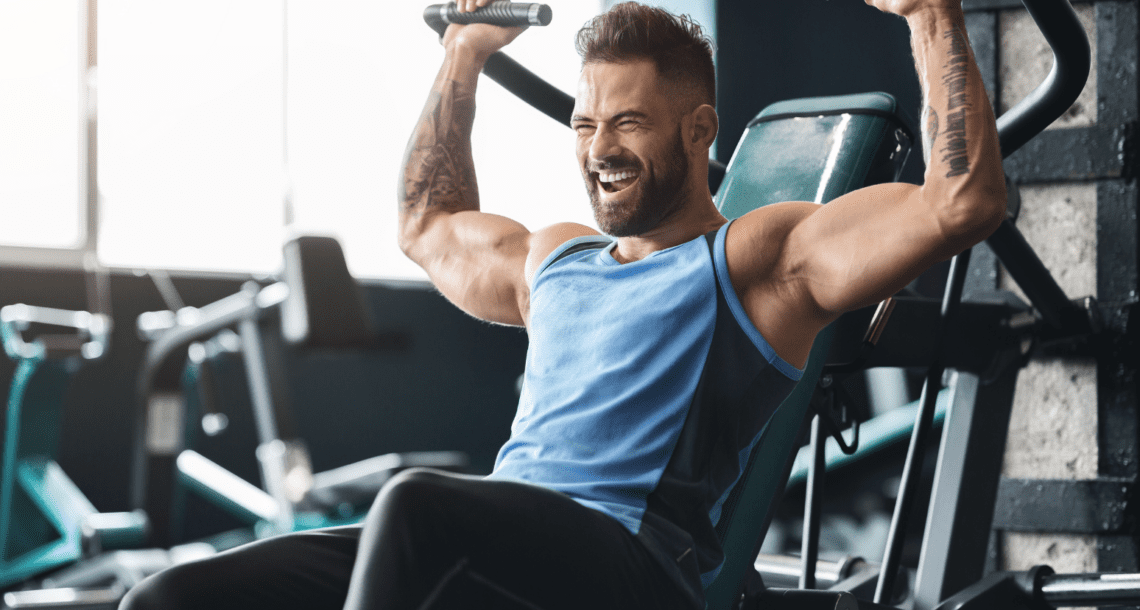
Bodybuilders are known for impressive muscle definition that takes hard work and dedication to build. You might have heard that bodybuilders eat plenty of protein to bulk up and refine those perfectly sculpted muscles. What about the ketogenic diet? A keto diet is high in fat, moderate in protein, and low in carbohydrates. There are different versions of keto, and some versions involve more protein than others. Can you gain muscle on a ketogenic diet? How does a keto diet affect bodybuilding? This article has the answers to those questions and top tips for bodybuilding on keto.
What Is Bodybuilding?
Bodybuilding is a competitive sport focused largely on aesthetics where people aim for the ideal symmetrical physique and muscle shape and definition. [1] Bodybuilders work on growing and sculpting their muscles through exercise, weightlifting, diet, and lifestyle.
What Do Bodybuilders Typically Eat?

Bodybuilders eat a variety of diets, but there are central principles that most follow. When you exercise more, you need more calories and nutrients to sustain your workouts and keep you energized. Bodybuilders usually consume more calories than the average person and eat mostly natural, whole foods to ensure they get sufficient nutrients. They also usually eat a high amount of protein to help their muscles grow and recover from workouts. Some bodybuilding experts recommend consuming around 2.3-3.1 grams of protein per kilogram of body weight every day. [2]
After reaching their ideal protein intake, bodybuilders can manipulate carbs and fats based on their physical or aesthetic goals.
Can You Gain Muscle on Keto?
While research shows that carbohydrate-heavy diets result in muscle growth, ketogenic diets are also effective. [3] You don’t need carbs to build muscle.
The metabolic state of ketosis boosts your endurance because you’re fueled by fat instead of sugar, which is a better and longer-lasting energy source. A ketogenic diet is renowned for weight loss and trimming body fat, but research and anecdotal evidence continue to show you can also bulk up your muscles on keto.
However, it may take some experimentation to figure out the perfect macros, calories, and foods to help you achieve your bodybuilding objectives on keto.
Tips for Bodybuilding on Keto
Give It Time
Remember, transitioning to a ketogenic diet can take a couple of weeks, so you may not feel or perform as optimally in the beginning. This dip in your performance is temporary (usually a few days to a week), and if you give your body time to become truly fat-adapted, you’ll soon start reaping the benefits of ketosis. [4]
Hydration
No matter your diet, you’ll need to make sure you’re drinking enough water to hydrate your cells. On the keto diet, hydration is particularly important as you lose water weight along with your glycogen stores.
Supplements
Some bodybuilders and keto athletes take supplements to aid ketosis, such as electrolytes, exogenous ketones, and MCT oil.
High-Quality Protein
Make sure you’re not restricting your protein intake, and choose good quality sources that provide you with the amino acids needed to maintain and gain lean muscle mass, such as eggs, Greek yogurt, meats, and seafood. While you need protein for gaining muscle, excessive amounts may hinder ketosis, so you’ll need to find the right amount to help you reach your goals. Most bodybuilders eat around 3-4 meals per day with a consistent amount of protein.
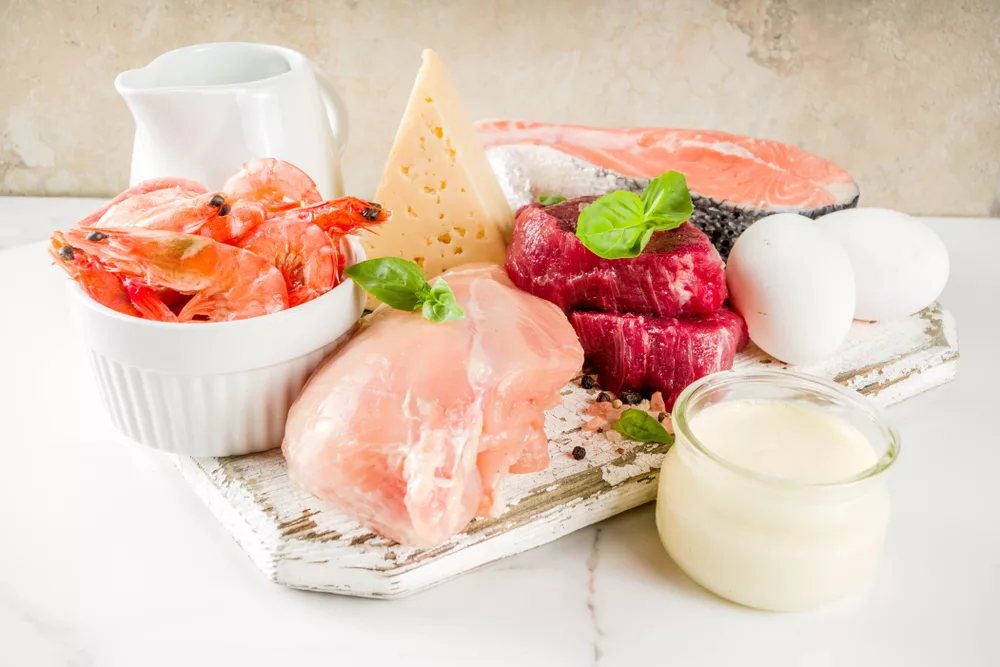
Calorie Surplus
Your muscles need calories to grow, so if you aren’t eating enough calories in general, you won’t stimulate growth.
The Right Workouts
You’ll need to increase the weight you lift over time and go for progressive workouts to achieve muscle hypertrophy. Working with a trainer to form a unique plan just for you is always a good idea to ensure you’re not over- or under-training.
Rest and Recovery
Rest and recovery are just as important as working out. Resistance training puts a good kind of stress on your body, but it can also tear your muscle fibers, which need time to repair. You’ll need time, rest, and nutrients to recover your muscles from any type of stress, including the beneficial stress from working out.
Clear Your Mind
For optimal performance, you’ll need balanced hormones, a focused mind, and restful sleep. With a mental overload, your physical performance can suffer. Your body needs to feel safe to flourish, and too much chronic stress shifts your nervous system into fight-or-flight mode and makes your body hold on to its fat stores. Practice stress-relieving techniques, such as a simple walk in nature, yoga, or cuddling your dog.
Women Are Different from Men
Results are a little different with women when it comes to bodybuilding on keto. A smaller, more recent study of strength-trained women showed the keto diet improved fat burning, but it wasn’t as effective at increasing lean body mass. [5]
Plenty of female bodybuilders and athletes thrive on keto, but if you’re a woman and you’re struggling with bodybuilding on keto, you may want to try carb cycling or cyclical keto, in which you add in more carbs at certain times.
Are you bodybuilding on keto? Share your experience with other keto dieters here at Ketogenic.com.
References
Britannica. Bodybuilding. Bodybuilding | Strength Training, Nutrition & Supplements | Britannica
Helms, E. R., Aragon, A. A., & Fitschen, P. J. (2014). Evidence-based recommendations for natural bodybuilding contest preparation: Nutrition and supplementation. Journal of the International Society of Sports Nutrition, https://doi.org/10.1186/1550-2783-11-20
Dimitriadis, G., Mitrou, P., Lambadiari, V., Maratou, E., & Raptis, S. A. (2011). Insulin effects in muscle and adipose tissue. Diabetes Res Clin Pract, DOI: 10.1016/S0168-8227(11)70014-6
Paoli, A., Grimaldi, K., D’Agostino, D., Cenci, L., Moro, T., & Palma, A. (2012). Ketogenic diet does not affect strength and performance in elite artistic gymnasts. Journal of the International Society of Sports Nutrition, Ketogenic diet does not affect strength performance in elite artistic gymnasts | Journal of the International Society of Sports Nutrition | Full Text (biomedcentral.com)
Vargas-Molina, S., Petro, J. L., Romance, R., Kreider, R. B., Schoenfeld, B…Benitez-Porres, J. (2020). Effects of a ketogenic diet on body composition and strength in trained women. J Int Soc Sports Nutr, DOI: 10.1186/s12970-020-00348-7



